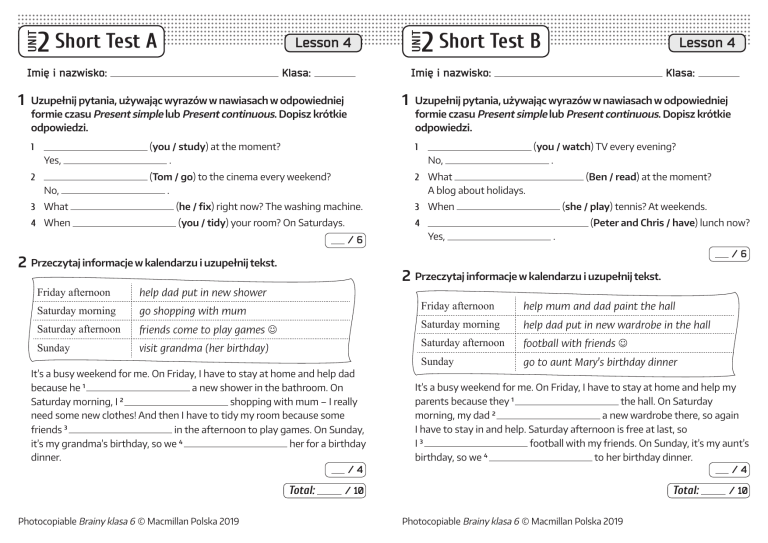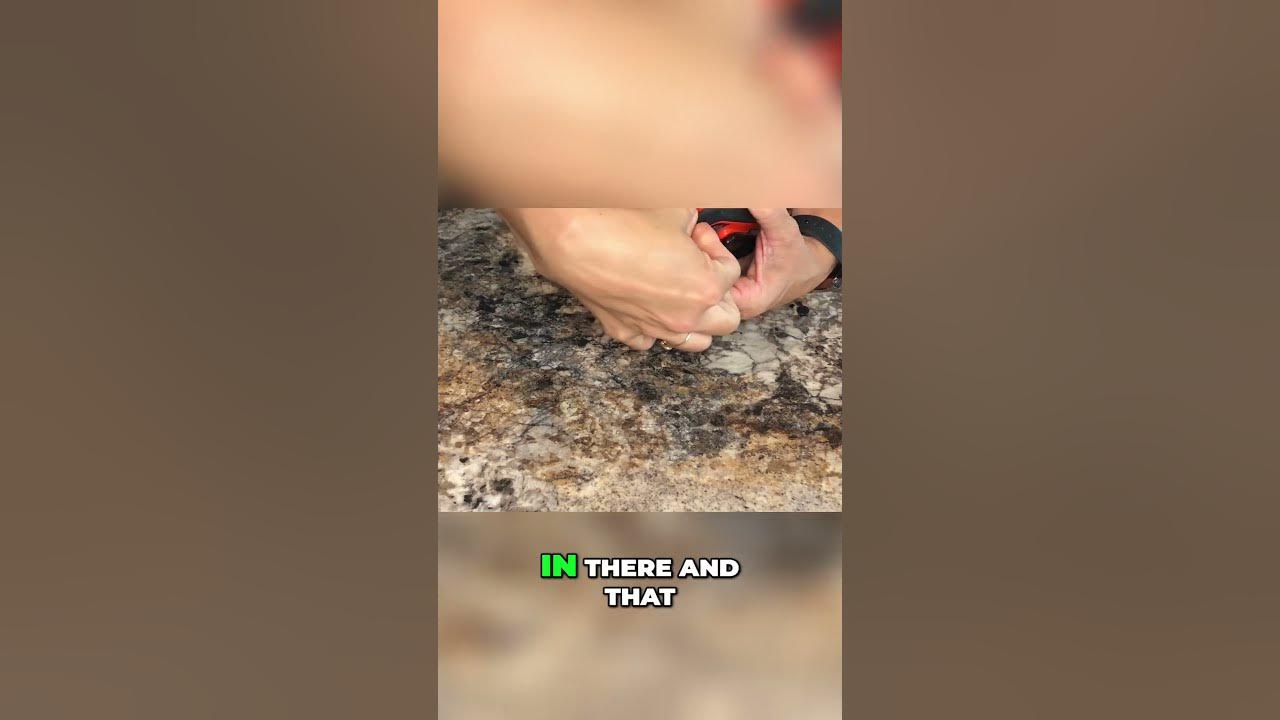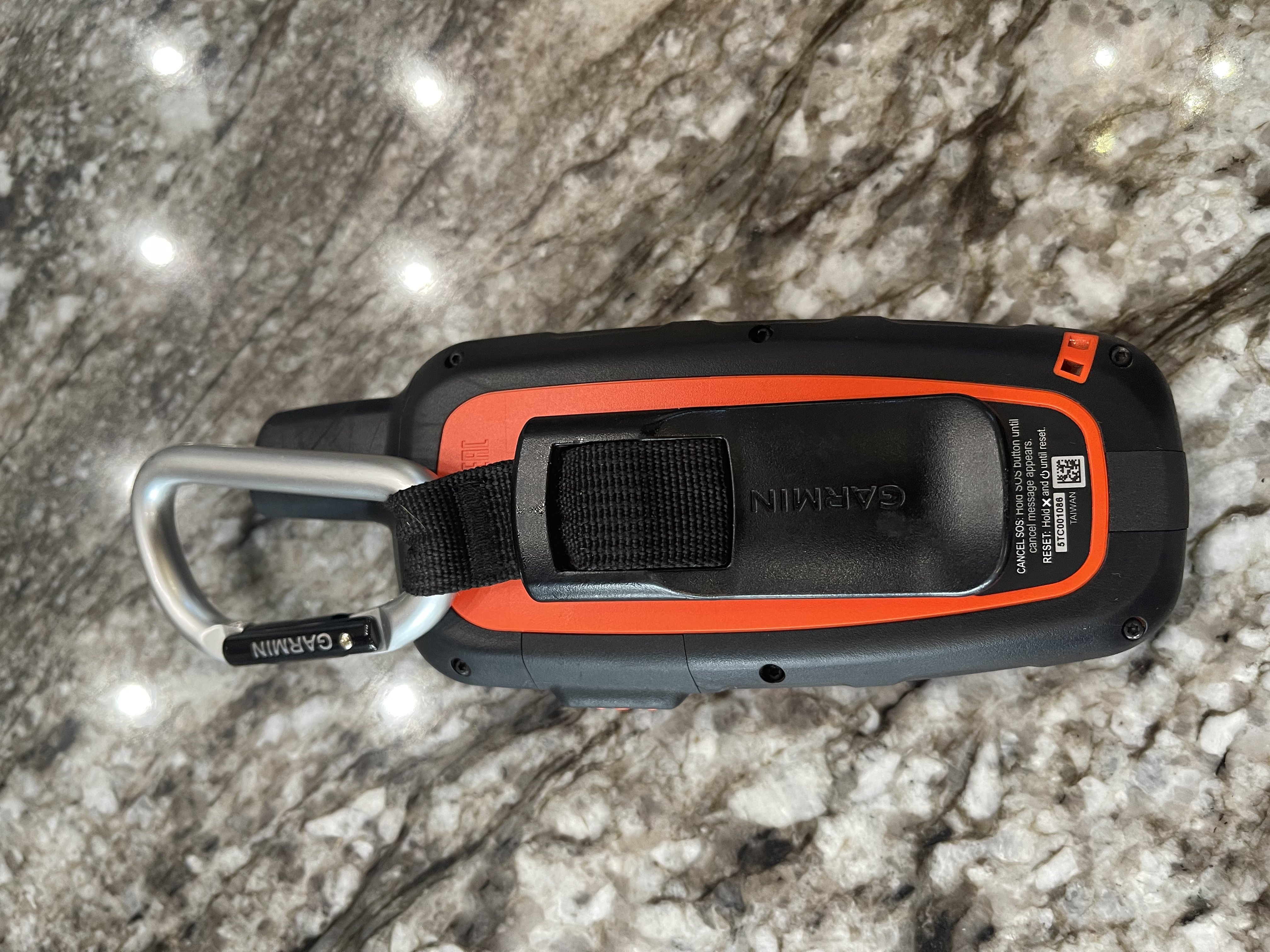Junior Explorer 4 Unit 2 Test

Unit 2 test in Junior Explorer 4 is a significant milestone for young learners of English. It assesses their comprehension and application of the material covered in the second unit, providing valuable feedback on their progress. This article will delve into the key aspects of this test, examining its format, content areas, and the importance of thorough preparation.
Key Aspects of the Junior Explorer 4 Unit 2 Test
Test Format and Structure
The Unit 2 test typically consists of several sections designed to evaluate different skills. These sections often include: Listening Comprehension, Reading Comprehension, Vocabulary and Grammar, and Writing. Each section is designed to assess specific learning objectives outlined in the unit syllabus.
Listening Comprehension usually involves listening to short dialogues or passages and answering questions based on what was heard. This section tests the students' ability to understand spoken English, including different accents and speaking speeds.
Reading Comprehension focuses on the ability to understand written English. Students are presented with short texts and asked to answer questions about the main idea, specific details, and the author's purpose. Different question types such as multiple choice, true/false, and short answer may be used.
The Vocabulary and Grammar section assesses the students' knowledge of vocabulary words and grammatical structures introduced in Unit 2. This may involve completing sentences, correcting errors, or choosing the correct form of a word or verb.
Finally, the Writing section requires students to produce written English, such as writing a short paragraph or answering a prompt in a few sentences. This section evaluates their ability to express themselves clearly and accurately in writing, using correct grammar and vocabulary.
Content Areas Covered in Unit 2
The specific content areas covered in Unit 2 of Junior Explorer 4 vary depending on the curriculum provider and edition. However, some common themes typically include:
* Daily Routines: This section explores vocabulary related to daily activities, such as waking up, eating breakfast, going to school, and doing homework. It also often includes grammar related to expressing frequency (e.g., "always," "usually," "sometimes," "never"). * Hobbies and Interests: Students learn vocabulary to describe different hobbies and interests, such as playing sports, reading, listening to music, and drawing. Grammar points may include using verbs like "like," "love," "hate," and "enjoy" to express preferences. * Places in Town: This theme introduces vocabulary related to different places in a town or city, such as schools, parks, shops, and restaurants. It might also involve using prepositions of place (e.g., "next to," "opposite," "between"). * Describing People: Students learn to describe people's appearance, personality, and characteristics. Vocabulary may include adjectives like "tall," "short," "friendly," and "funny." Grammar could focus on using "have got" to describe physical features.It's crucial for students to review all the material covered in these content areas, including vocabulary lists, grammar rules, and example sentences, to prepare effectively for the test.
Importance of Thorough Preparation
Adequate preparation is essential for success on the Junior Explorer 4 Unit 2 test. The test is not just about memorizing vocabulary and grammar rules; it's about demonstrating the ability to understand and apply the language in different contexts.
Effective preparation involves more than just cramming the night before. It requires a consistent and structured approach to studying throughout the unit. Here are some helpful strategies:
* Regular Review: Review vocabulary and grammar rules regularly throughout the unit, not just before the test. * Practice Exercises: Complete all the practice exercises in the textbook and workbook, and seek out additional practice materials online or from the teacher. * Active Learning: Engage in active learning techniques, such as creating flashcards, making mind maps, and practicing conversations with classmates or family members. * Seek Clarification: If there are any concepts that are unclear, ask the teacher for clarification before the test. * Practice Tests: If available, take practice tests to simulate the test environment and identify areas for improvement. * Manage Time: During the test, manage your time effectively. Don't spend too much time on any one question. If you're stuck, move on and come back to it later. * Read Instructions Carefully: Pay close attention to the instructions for each section of the test. Make sure you understand what is being asked before you start answering questions.Real-World Examples and Data
Let's consider some real-world examples. Imagine a student named Anna. Anna diligently reviewed her vocabulary flashcards every day, practiced her grammar exercises, and even created dialogues with her friend to practice speaking about daily routines. On the other hand, Mark only reviewed the material the night before the test and didn't complete all the practice exercises. As a result, Anna performed significantly better on the test than Mark. This illustrates the importance of consistent and thorough preparation.
Data from past tests also supports this point. Students who consistently complete their homework assignments, participate actively in class, and seek clarification when needed tend to perform better on tests than students who do not. This is because active learning and regular review help to consolidate knowledge and improve retention.
Furthermore, analyzing test results can help teachers identify areas where students are struggling and adjust their teaching methods accordingly. For example, if a large number of students struggle with a particular grammar point, the teacher can provide additional instruction and practice opportunities on that topic.
Practical Tips for Parents and Teachers
Parents and teachers play a crucial role in helping students prepare for the Junior Explorer 4 Unit 2 test. Here are some practical tips for supporting students:
* Encourage Active Learning: Encourage students to engage in active learning techniques, such as creating flashcards, making mind maps, and practicing conversations. * Provide a Supportive Environment: Create a supportive and encouraging learning environment at home and in the classroom. * Monitor Progress: Monitor students' progress throughout the unit and provide feedback and support as needed. * Communicate Effectively: Communicate effectively with students and parents about the test and its objectives. * Offer Extra Help: Offer extra help and support to students who are struggling with the material. * Make Learning Fun: Try to make learning fun and engaging by using games, activities, and real-world examples. For instance, when teaching about places in town, you could plan a scavenger hunt in the local community. * Set Realistic Expectations: Help students set realistic expectations for themselves and celebrate their successes, no matter how small.Conclusion and Call to Action
The Junior Explorer 4 Unit 2 test is an important assessment of students' learning in English. By understanding the test format, content areas, and the importance of thorough preparation, students can increase their chances of success. Parents and teachers play a vital role in supporting students throughout the learning process. Remember, consistent effort and effective study habits are the keys to achieving good results.
Therefore, encourage students to start preparing for the test early, review their notes regularly, complete all the practice exercises, and seek help when needed. By working together, we can help students build a strong foundation in English and achieve their academic goals. Good luck to all the students taking the Junior Explorer 4 Unit 2 test!








